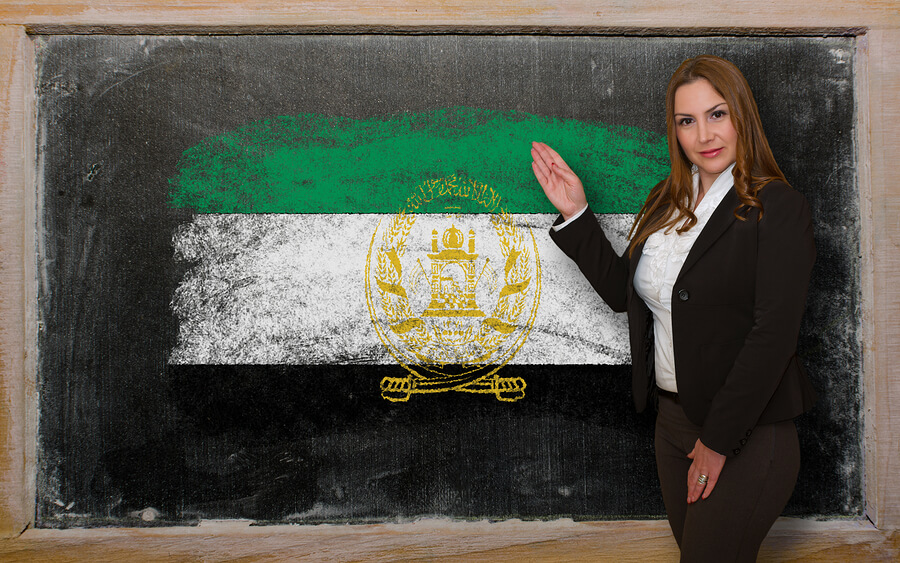In a war or crisis situation where people are involved who speak many different languages problems of communication invariably occur. This puts a lot of pressure and means many challenges for Afghan translators in places like Afghanistan which has been faced with one crisis after another.
During crises, translators and interpreters are used to facilitate communication within the community where there are different people speaking many different languages. In Afghanistan, it’s not only the citizens that may need to be informed about an impending event but there are different organisations from around the world who send people to deliver aid to those affected by war or other crises.
There could be medical workers from Médecins Sans Frontières (Doctors without Borders) or from the Red Cross. There could be peacekeepers provided by the United Nations that come from many different countries and language groups like Pakistan and Nepal. This means a country like Afghanistan has to provide translators and interpreters in at least the most common languages that are present at certain times in the country.
There may be a need to distribute written communications throughout the country or even send groups around with loud hailers when it’s necessary to ask people to evacuate. This is a great challenge for Afghan translators who are unlikely to be fluent in even a fraction of the languages likely to be spoken in Afghanistan in times of crisis.
Press Conferences Need Interpreters
Often a press conference will take place when a situation is likely to change in a place. All the information will either need a series of interpreters who are ready to provide interpretations of the announcements or translators at hand to provide translations of documents that are to be distributed to all those likely to be affected. These are the challenges for Afghan translators. A translator’s usual role in a crisis situation is to help to translate warnings, legal documents and written PSAs. Often though, there are times when interpreters and translators could be difficult to find to translate the rarer languages.
For military interpreters, they have to deal with wartime interpreting. This could be to ensure contact between troops and locals or through friendly or even enemy forces when there are language barriers in existence.
Sometimes an interpreter’s role is to act as a cultural mediator. There was one such situation in Afghanistan when a Dutch interpreter had to justify some action taken by Dutch soldiers who failed to respect the Quran. The interpreter had to persuade the soldiers to promise they wouldn’t act in such a reckless manner again.



